Summary
Dev Pulse is expanding its focus. We want to start covering everything our teams are doing — not just the Holochain Core Dev Team. We hope that devs will learn more about one another’s work and use that knowledge to take Holochain in new and exciting directions.
You’ll also find improvements to our recommended installation and release process in this week’s update.
Highlights
1. Dev Pulse Expanding to Cover More Dev Teams
2. New Video from Co-Founder Arthur Brock
3. Dev Team Profiles & Summaries
4. Nix-shell for Recommended Installation Process
5. Kaizen/Lean Approach to Release Process
Details
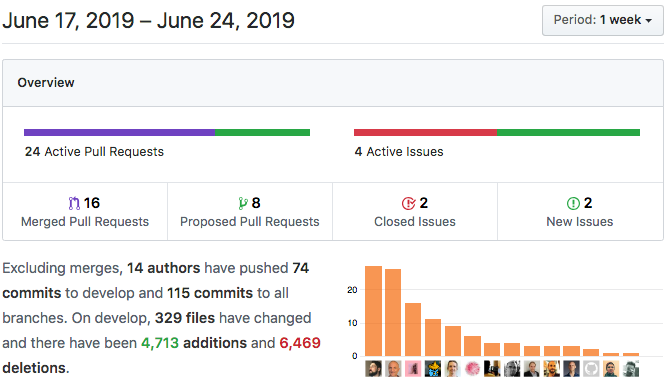
1. Dev Pulse Expanding to Cover More Dev Teams
Until now, Dev Pulse has focused on updates from the Holochain Core Dev Team. The truth of the matter is that important and exciting things are happening in all our teams, and we believe that sharing a wider view of their progress and accomplishment will benefit our audience and community as a whole.
In the future, the weekly Dev Pulses will include updates about launching the Holo hosting network, the development of our core hApps and user-community hApps, expansion of dev tools and UIs, DHT sharding, scalability testing, and more!
We hope to raise the profile of everything these teams are doing and make it easier to share progress across teams.
2. New Video from Co-Founder Arthur Brock
Here is a brief video from our co-founder, Arthur Brock, explaining the changes in the focus of Dev Pulse. As he notes, development has expanded from two teams (Core and Holo) to five, a reflection of the growing maturity of the organization.
Stay tuned for changes to our Dev Pulse updates; we think you’ll enjoy the improvement in how we share the development progress of Holochain and the apps surrounding it.
Dev Teams Overview Video
3. Team Profiles & Summaries
With our broadened focus, we want the community to first get to know the various teams working on development. Consider this your introduction to everyone working on expanding and improving Holochain, Holochain Core Apps, and the Holo Network!
Holochain Core
Summary: This team is focused on the core development of Holochain, maintaining the HDK, adding new features and security enhancement, and maintaining the overall robustness of Holochain. Other areas include developer docs, developing RAD APIs, Light Client, and the Conductor. We still have a lot more we would like to add to Holochain.

Networking & Interoperability
Summary: This team focuses on the DHT aspect of Holochain, sharded data storage, gossip/world model, synchronization between nodes, scaling, P2P encrypted networking, NATs, firewalls, setting appropriate proxies (relays and web), etc. This work helps improve the robustness of the networks for Holochain and Holo.
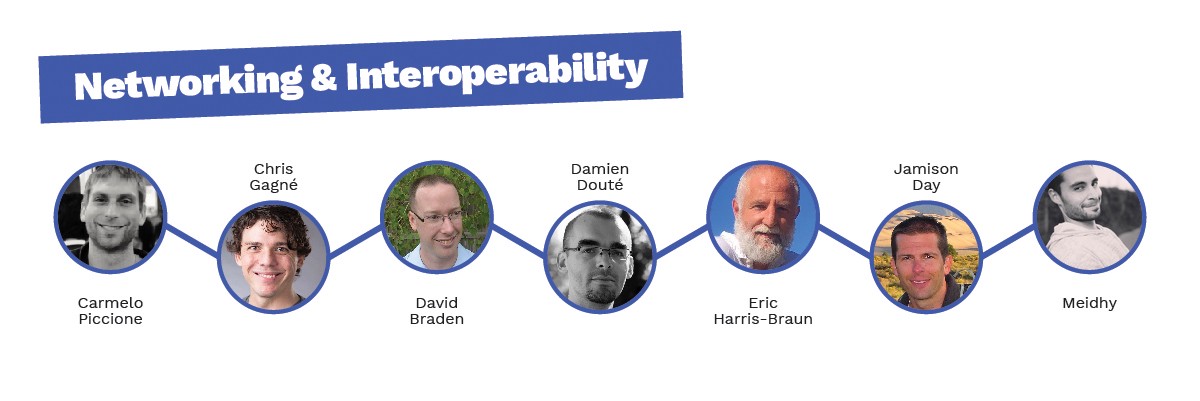
Holo Central
Summary: Holo Central focuses on the core aspects of the Holo business — which happens to be the parts subjected to regulatory compliance and oversight — including our hosting services, HoloFuel, service logging, network and host performance data, tranche computation, and aspects that involve centralization (such as DNS and host routing via Cloudflare’s 165 data centers). This team also covers HoloPorts, HoloPortOS, and the Banana Pi & ARM builds to deliver you secure HoloPort software updates.
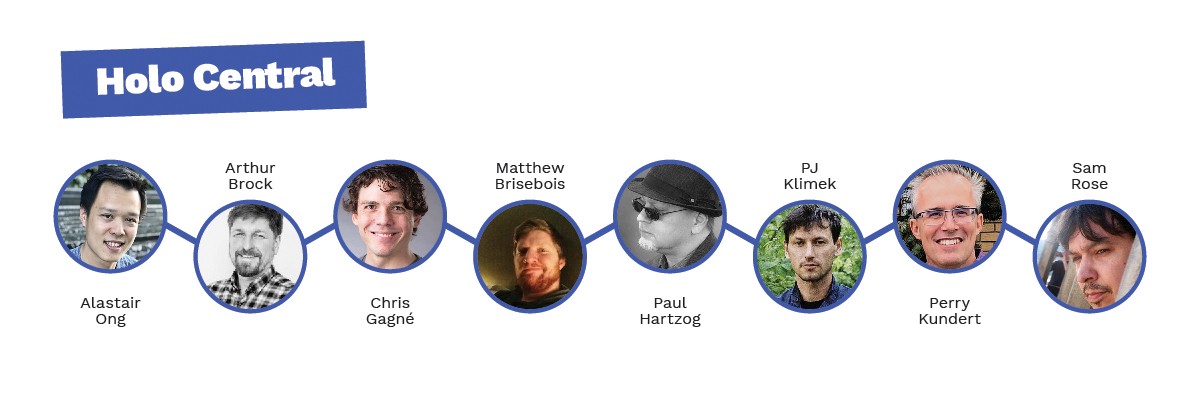
hAppy Team
Summary: This team focuses on building our core apps — DeepKey, Personas, hAppStore, and others — as well as the initial user apps (chat and community tools). They’re also responsible for other UI-heavy tools, like our UI component library, storybook testing, RAD GUI/scaffolding, HC Admin, hClient, Backups, HCHC, HoloChat, HP Admin, etc.
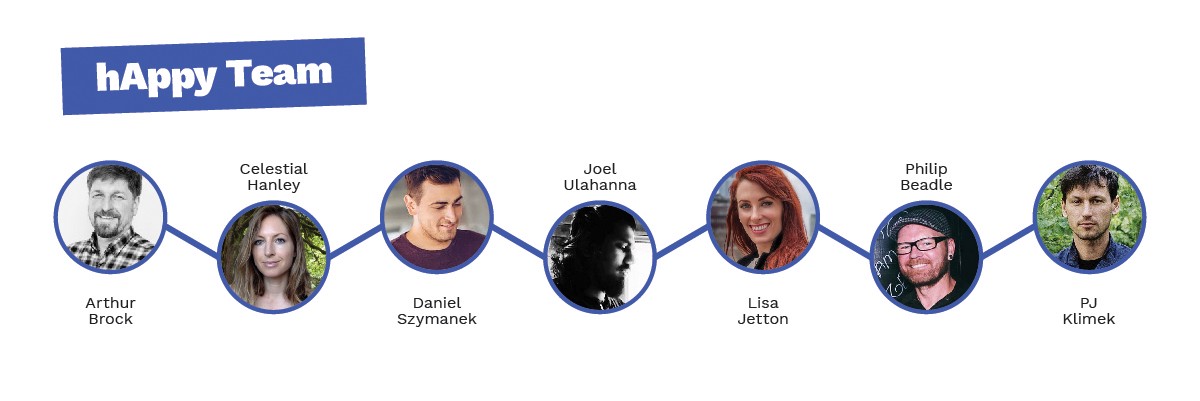
Testing & Integration Engineering — QCI / iSquad
Summary: This team is focused on tying outputs from all the teams together, including integration testing, resilience testing, scenario testing, automation, scalability frameworks, quality checking, continuous integration builds, scalability testing of all these different levels, end-to-end testing, HC installer/updater, and HoloPortOS/Hydra. They also use core and community hApps as tests for new Holochain core releases in order to truly address any breaking changes.

4. Nix-shell for Recommended Installation Process
We’ve been using nix-shell as our installer for some time now, as part of our goal to support development on MacOS, Linux, and Windows. This package gives us the best approach at this time — already we see it benefiting our developers, streamlining their workload and letting them focus on new features.
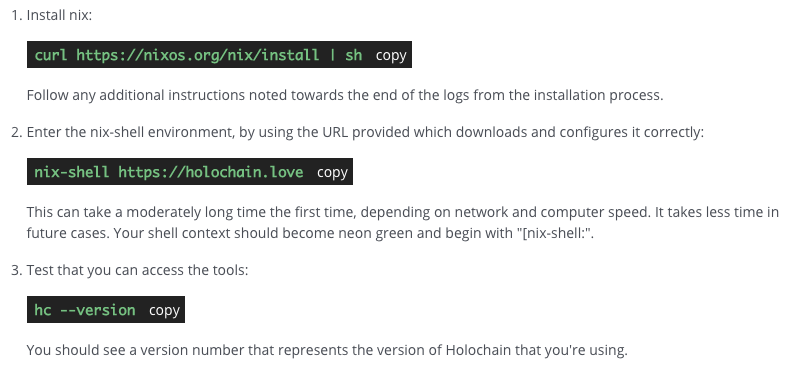
We’ve gotten so comfortable using it that we’re ready to recommend our customized version of nix-shell as the installation process for all developers building hApps. Let us know what you think!
5. Kaizen/Lean Approach to Release Process
Our core developer, David Meister, has been applying Kaizen/Lean principles through feedback and iterative release documentation for several months in order to transform our release process. Kaizen is a Japanese management philosophy that emphasizes continuous improvement in all aspects of a business operation, while Lean refers to manufacturing processes that focus on eliminating waste and inefficiencies. Thanks to the rigor and diligence of this approach, we now have a release schedule that is maturing and helping us better align, plan, prioritize, and deliver on our work.

Note: We’ll be bundling the changes this week, so the 0.0.21-alpha1 release will be bigger and the key items in that release will be mentioned in Dev Pulse 35.
Development Status:
Next: 0.0.21-alpha1 (TBD)




